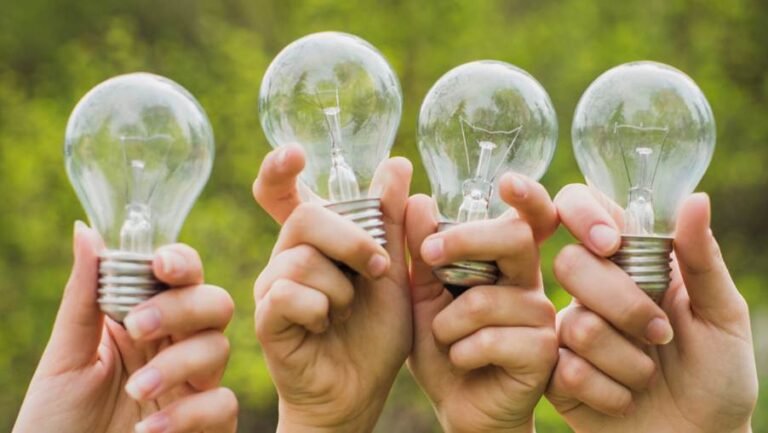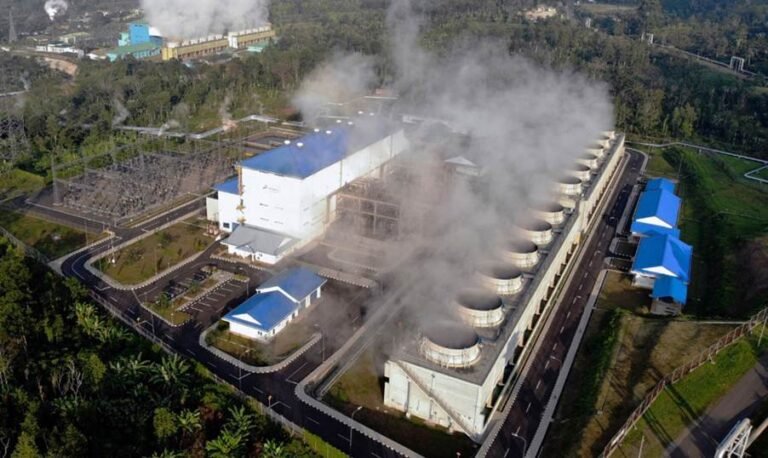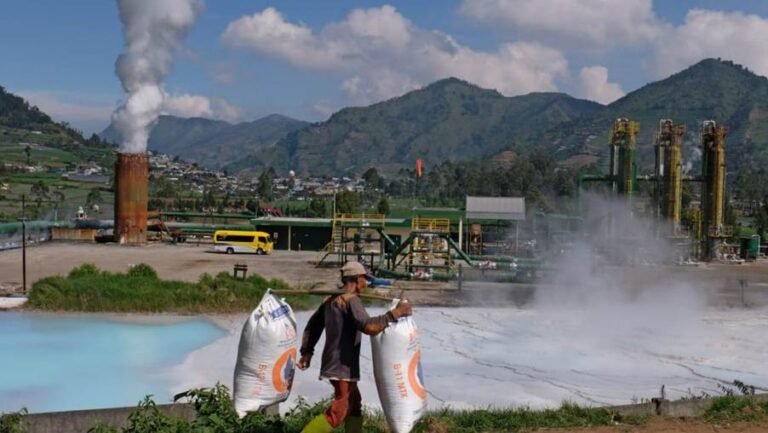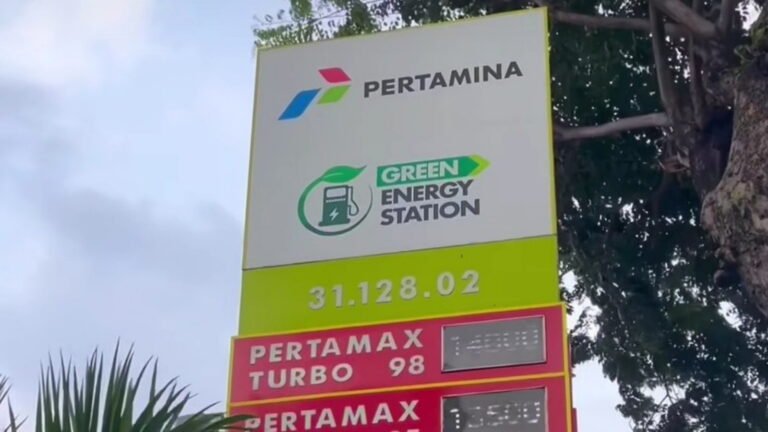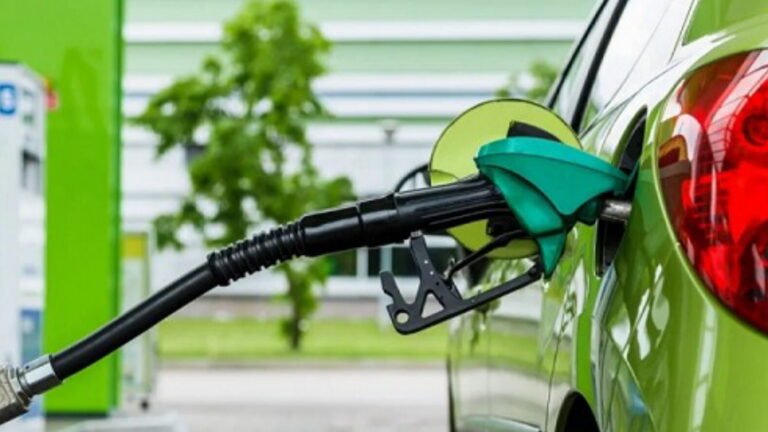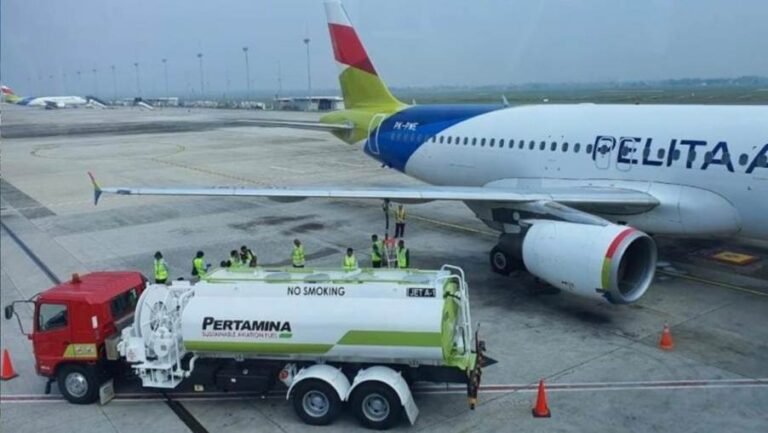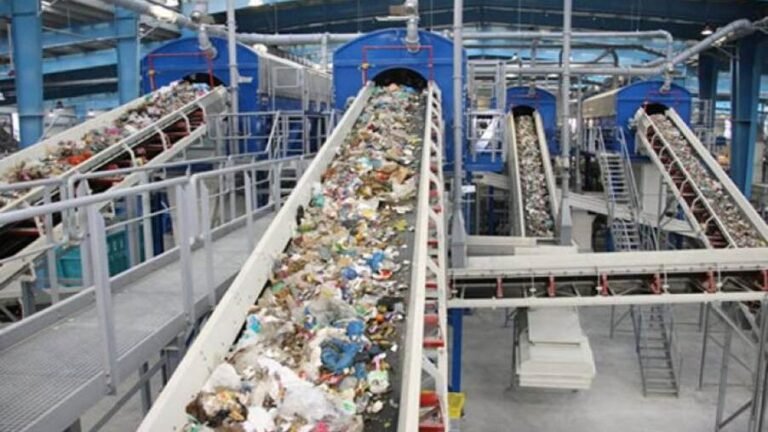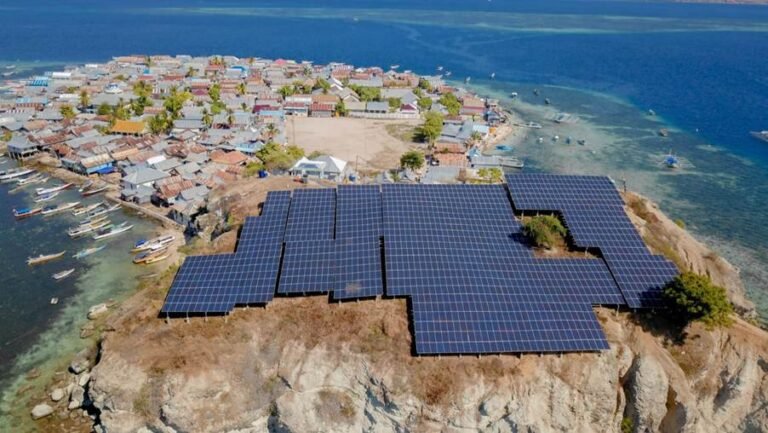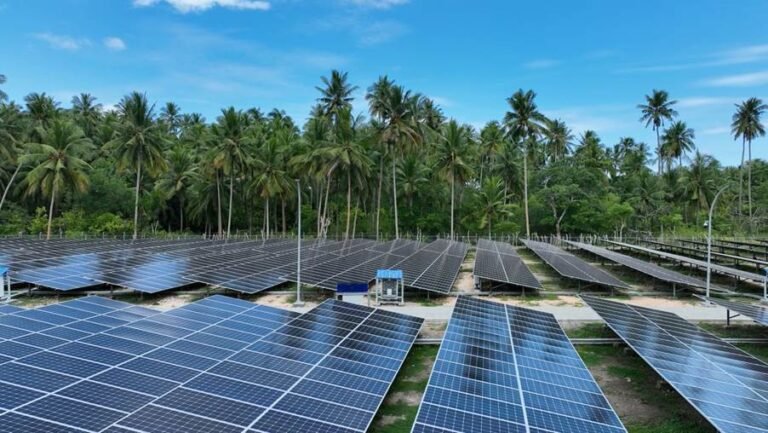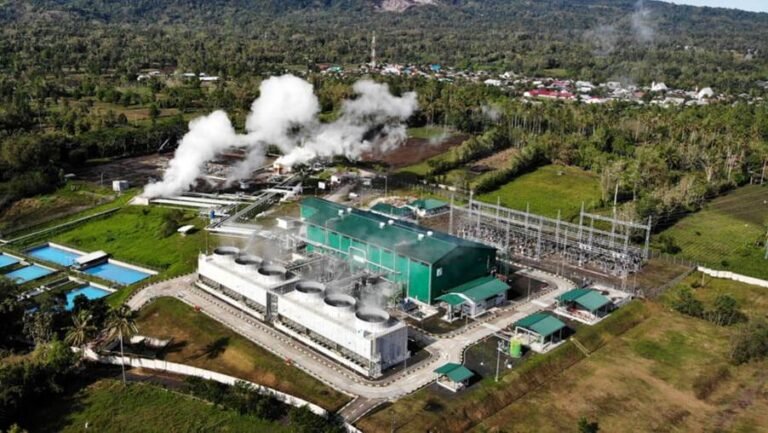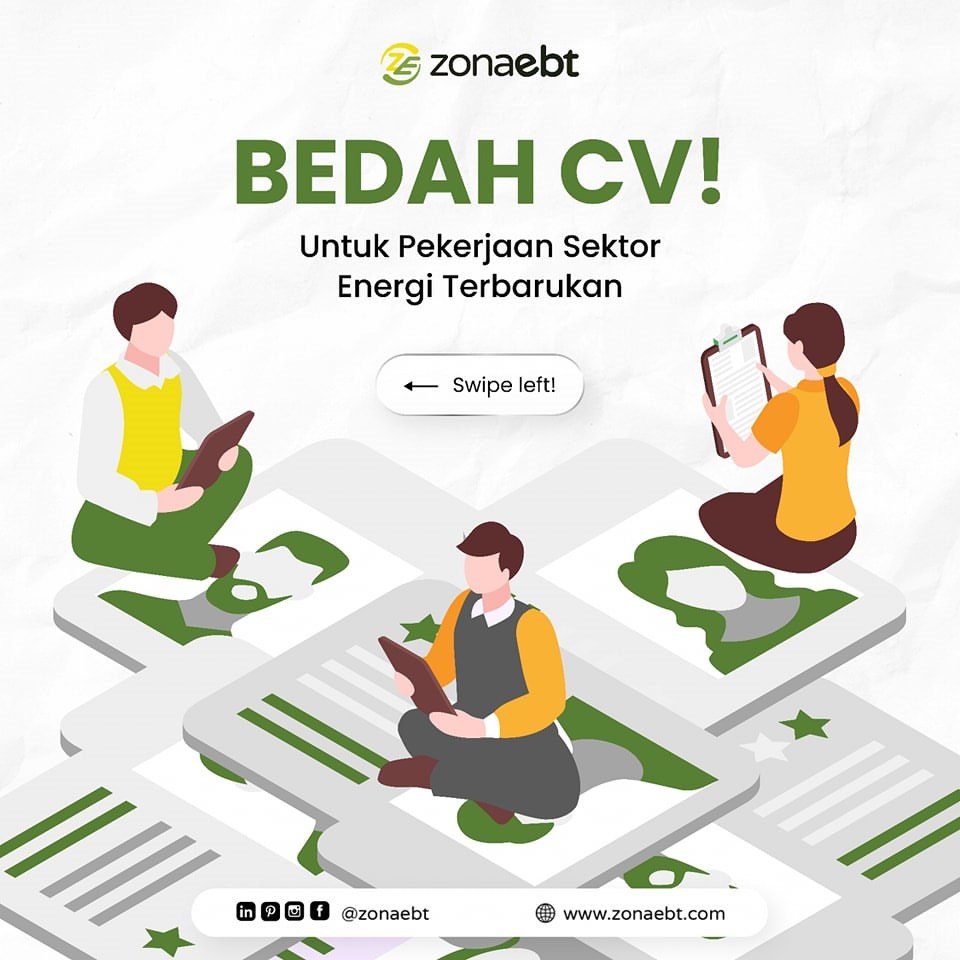
- Indonesia’s growing population correlates with fossil-fueled energy demand.
- Indonesia ratified the COP to try to mitigate global temperature rise due to the use of fossils in energy.
- Indonesia’s opportunity to transition through political support, consistent policies to address regulatory uncertainty and attract investment.
With a population exceeding 270 million, Indonesia ranks as one of Southeast Asia’s largest energy consumers. As energy demand rises and pressure mounts to cut carbon emissions, the country faces significant challenges in its energy transition.
One of the options being considered is nuclear energy. This article will discuss Indonesia’s energy transition in general. Such as the presentation of the energy transition, the main sources of energy, and the potential and challenges of nuclear energy as a national energy solution.
Indonesia’s Energy Transition in General
Indonesia’s energy transition involves shifting from reliance on fossil fuels to cleaner and renewable energy sources. This move is driven by the government’s commitment to reduce carbon emissions by 29% by 2030 and achieve carbon neutrality by 2060.
Friend EBT Heroes Indonesia has ratified COP21 in Law no 16 of 2016. This is a step where the country has the responsibility to mitigate temperature rise. In the mitigation process, there are problems caused by the national fossil energy sector so that it is necessary to make a transition. However, this journey is not easy given the existing infrastructure and dependence on fossil energy such as coal and petroleum.

Indonesia’s Energy Transition Percentage
According to data from the Ministry of Energy and Mineral Resources (ESDM), by 2023, around 12.6% of Indonesia’s total energy consumption will come from renewable energy sources. The majority of this energy comes from hydroelectricity (7.1%), bioenergy (2.4%) and geothermal energy (2.0%). Fossil energy sources still dominate with coal accounting for around 38%, petroleum 30%, and natural gas 19.8%.
Indonesia’s Main Sources of Energy
1. Coal: Coal is the largest source of energy in Indonesia, mainly used for electricity generation. Although efficient and cheap, the use of coal results in high carbon emissions.
2. Petroleum: Petroleum is mostly used for the transportation and industrial sectors. Dependence on oil imports is also a challenge for Indonesia.
Baca Juga
- How Perspective of Indonesia’s Bebas Aktif to Radioactive
- Indonesia Can Play An Important Role In The Energy Mix
3. Natural Gas: Natural gas is used as a fuel for power generation and industry. Natural gas is cleaner than coal and oil, but its infrastructure requires large investments.
4. Renewable Energy: The potential for renewable energy in Indonesia is huge, especially from solar, wind and geothermal energy. However, the utilization of this energy is still relatively low due to various technical and economic constraints.
Nuclear Energy Transition Options
Nuclear energy is considered as one of the potential solutions to address the growing energy demand and reduce carbon emissions. Nuclear energy has high energy density and low carbon emissions compared to fossil fuels.
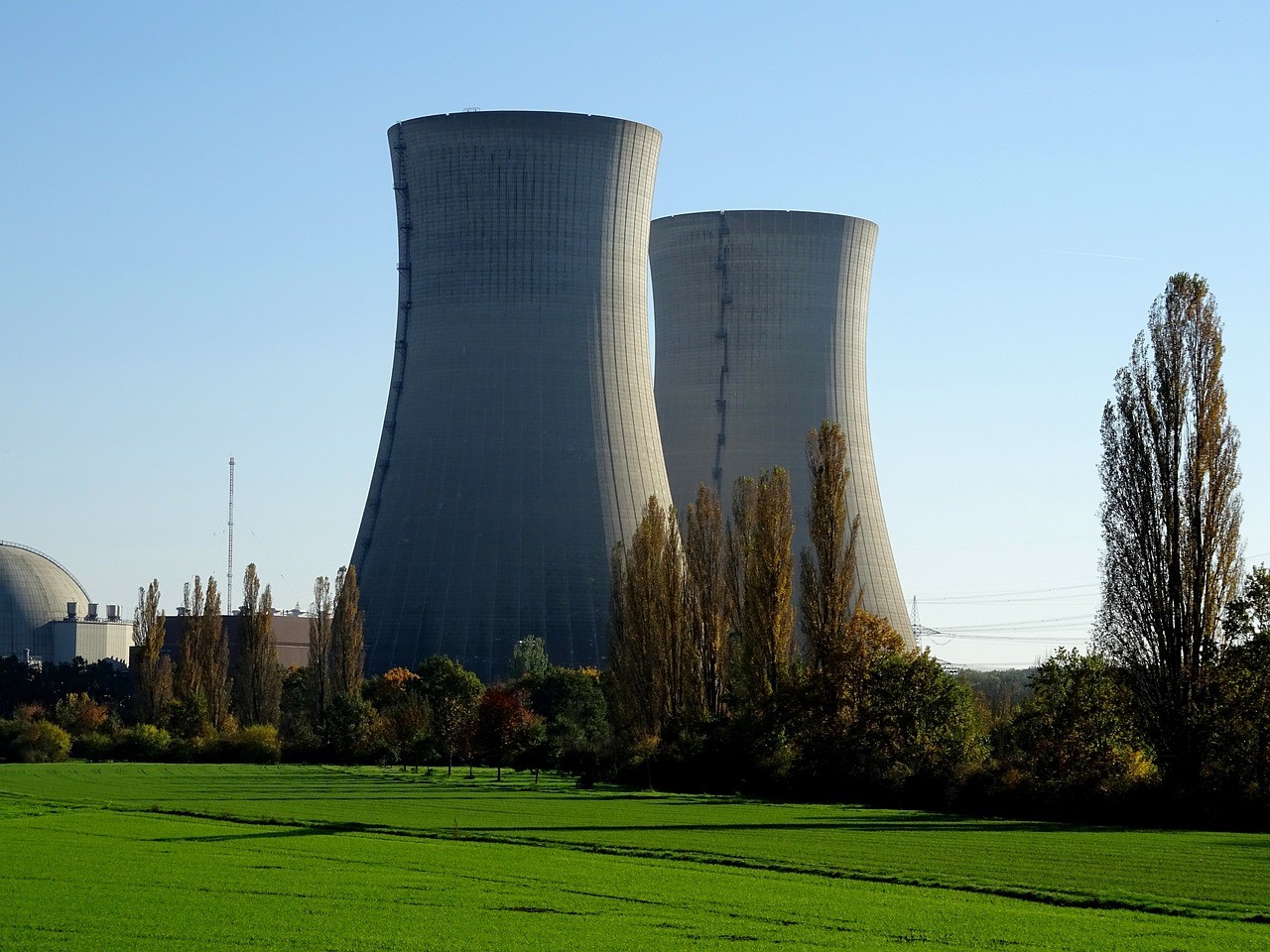
Potential and Challenges of Nuclear Energy in Indonesia
1. Security: Security issues are one of the main concerns in the development of nuclear energy. Radioactive waste management and the risk of radiation leakage require strict technology and regulations.
2. Infrastructure and Human Resources: The construction of nuclear power plants (NPPs) requires large investments and a long time. Nuclear development also requires experts trained in the technology and safety.
3. Regulation and Policy: The government needs to establish clear regulations and policies that support the development of nuclear energy, including legal frameworks and investment incentives.
Is Indonesia Able to Make Nuclear as National Energy?
Theoretically, Indonesia has the potential to make nuclear one of the national energy sources given its growing energy needs and commitment to reduce carbon emissions. However, the realization of this potential requires in-depth analysis and a comprehensive strategy that covers various critical aspects.
First, the safety aspect is a major challenge. Radioactive waste management, accident prevention, and protection against security threats are priorities that require advanced technology and strict regulations.
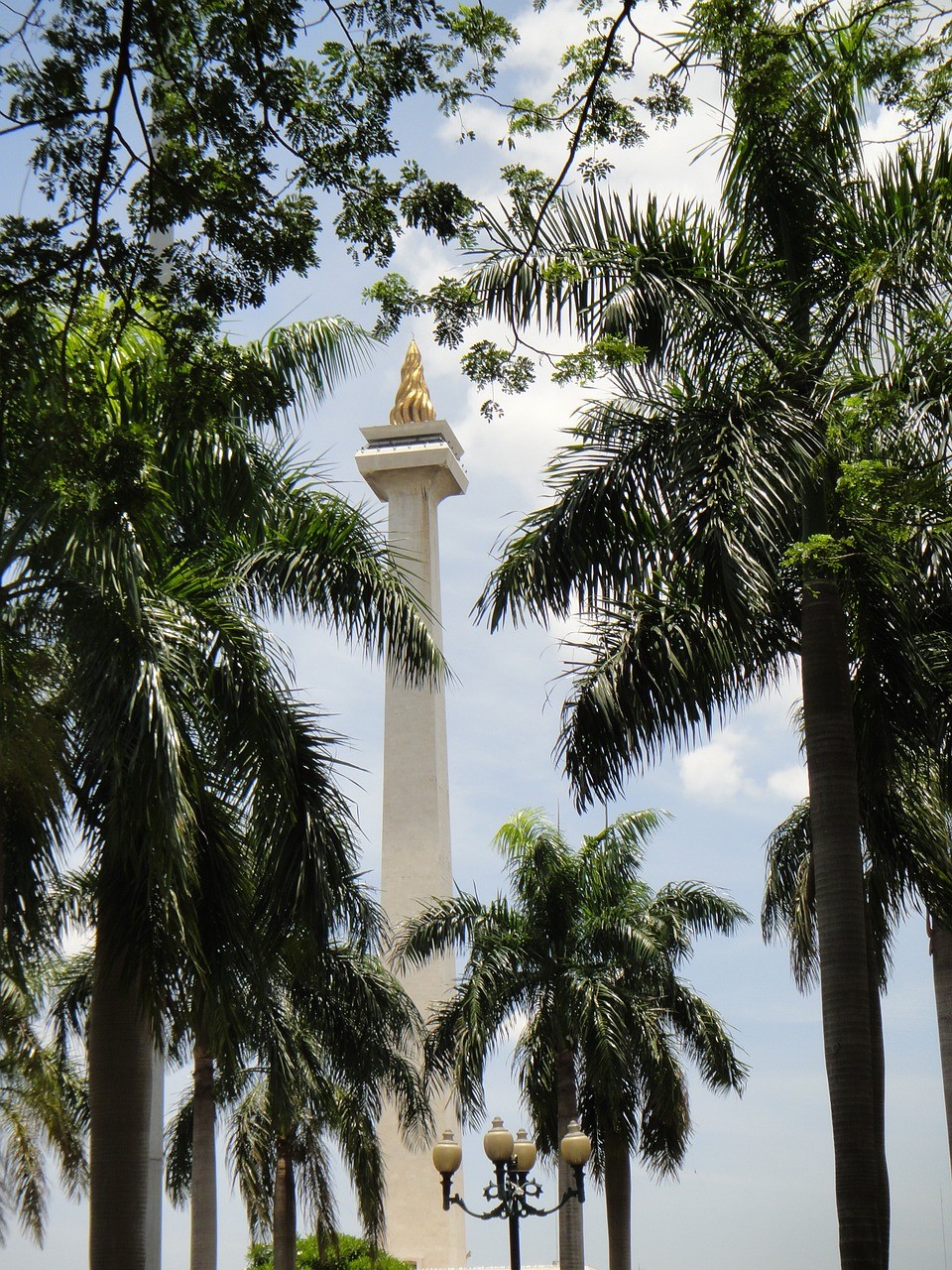
Second, a very large initial investment is required for the development of nuclear infrastructure, including reactors and adequate distribution networks. As well as the development of competent human resources in the nuclear field.
Third, consistent political and policy support is key to overcoming regulatory uncertainty and attracting investment. The government must ensure a clear legal framework and attractive incentives for investors. In addition, public acceptance of nuclear energy must be improved through education and transparency regarding the benefits and risks involved.
Baca Juga:
- Invest On Nuclear Power Plants Tend To Be Sustain Also Reliable
- Nuclear More Popular For Energy In Deep Space
Fourth, Indonesia needs to learn from other countries’ experiences in implementing nuclear energy effectively and safely. With strong commitment, good coordination between the government, private sector, and society, and adequate investment, Indonesia can make nuclear energy an integral part of the national energy solution, while achieving sustainability and carbon emission reduction goals.
Based on the above analysis, Indonesia has the potential to develop nuclear energy as part of the national energy transition strategy. However, this requires long-term commitment, large investments, and cooperation between the government, private sector, and society. In addition, there needs to be efforts to increase public awareness and acceptance of nuclear energy as a safe and clean energy source.
#zonaebt #sebarterbarukan #ebtheroes
Editor: Savira Oktavia
References
[1] Kementerian Energi dan Sumber Daya Mineral (ESDM)

